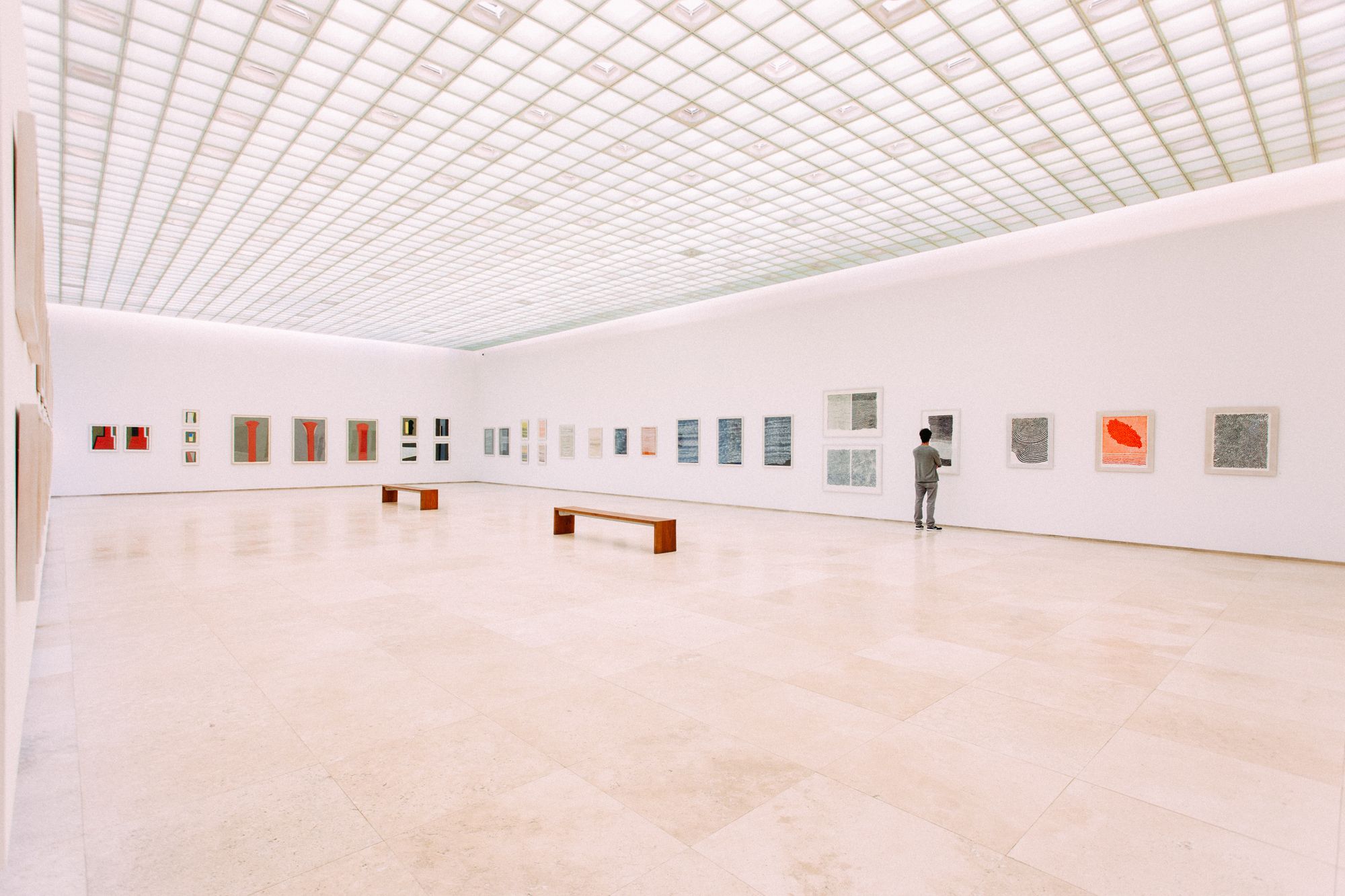Be a curator

This is the third of a series of posts about information overload. You can read the previous post here and here.
Over the past couple of posts we have been thinking about the subject of information overload. We have seen how prevalent it is in our society, and we have look at it as a spiritual issue. The question is: can we do anything about it? If information overload is something we see around us and all of us experience, how do we combat it? I would suggest one strategy is this: be a curator.
We are probably most familiar with curators in museums. Imagine for a moment a collection such as the British Museum in London. Not all the treasures that the museum looks after are on display; they are chosen by a curator for display in particular ways and in particular places. It must be an overwhelming sight to see all of the items of a museum in one place. What must it be like for a tourist to try and take in everything in one go without selection or organisation. With the work of a curator, items can be categorised and grouped, the most helpful selected, and the most valuable highlighted.
Since we live in a society with an unprecedented access to information, it is vital that we learn to be curators ourselves. We cannot take in or make use of all the myriad voices that are clamouring for our attention without some choice, selection and editing. Yet we often try to do so.
How often have we sat down on the sofa to watch an episode of a TV show, only to find ourselves continuing to watch by default? Whether we are watching broadcast TV and continuing to view whatever comes up next, or a streaming service and binging a whole series before we know it, those actions are often through inaction rather than by choice. We simply go with the flow.
We could consider the same pattern with social media. We scroll through our Facebook or Twitter feed and a chunk of time has past without us noticing. We are not choosing what to take in, we are letting the technology (or those who wrote the algorithms) decide for us. We are allowing our computers or devices to be curators, rather than acting as curators ourselves.
The people of Old Testament Israel hardly had the same flow of information that we face every day. Yet they knew the same dangers of going with the flow compared to making the choices about what we consume. Into that situation speaks God’s word. Consider this verse from the book of Proverbs:
“The wisdom of the prudent is to give thought to their ways, but the folly of fools is deception.” (Proverbs 14:8)
It is wisdom in God’s eyes to give thought to our ways, rather than be thoughtless about the direction our eyes, minds and hearts are heading.
Curation isn’t about saying that a particular form of input is ‘bad’, whether that be books, TV, movies, internet, social media and so on. It is simply that to say consumption without limits or thinking of any of these things (or anything at all) can be dangerous and unhelpful.
So we can start to combat information overload by being intentional about choosing the media we consume and the information we take in. ‘Curator’ comes from the root Latin word cura which means ‘to take care’. Curating means caring about what we are taking into ourselves, taking care about the information we consume, because God cares about it too.
Justin Whitmel Earley in his excellent book ‘The Common Rule’ describes the need for curation this way:
The good life doesn’t come from the ability to choose anything and everything; the good life comes from the ability to choose good things by setting limits.
Are we willing to set limits on what we consume, so that we are freed from consuming everything and focus on what is good?
